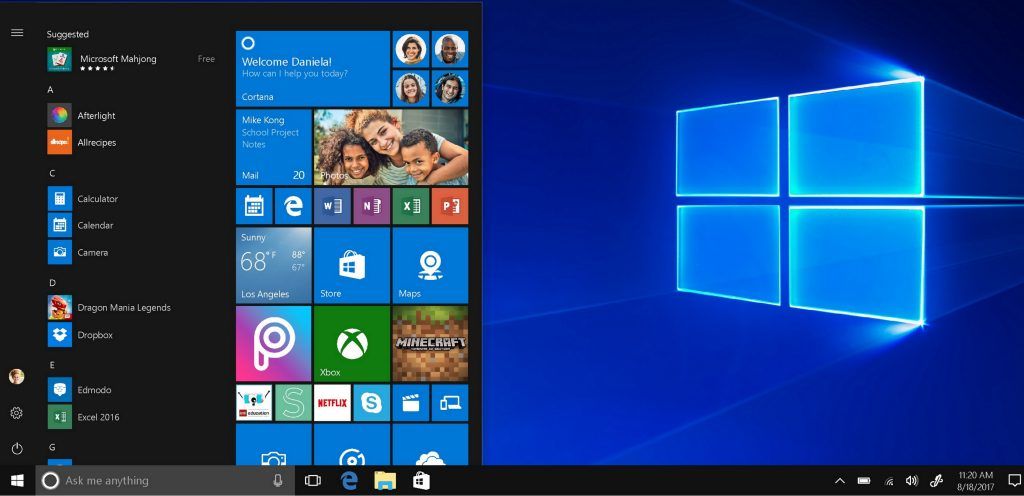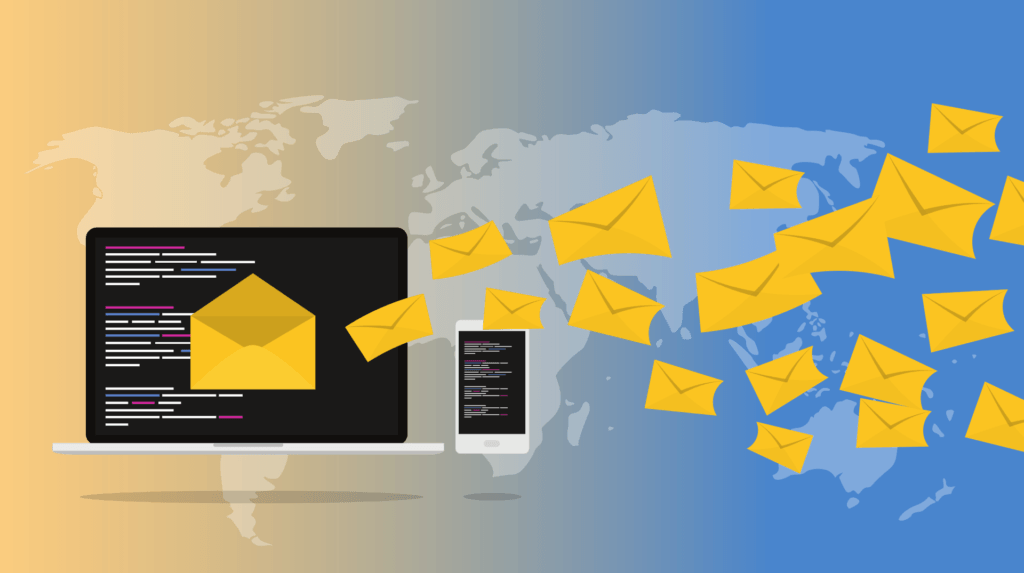Phasing Out 32-Bit Windows 10 Support Starting with OEMs

Microsoft has recently announced they plan to phase out support for the 32-bit version of their Windows 10 operating system. This recent change will arrive in their May 2020 (version 2004) release. At least initially, this phase out is intended only for their OEM (original equipment manufacturer) devices. Phasing out their 32-bit version is simply […]
Internet Advocacy And The Constant Fight For Internet Rights

The internet has been one of the greatest achievements in humanity, but it comes with scrutiny. Today, many online advocates are fighting for the rights of people that use the internet. The people that are fighting for our rights have began to make strides in the way businesses (especially those exclusively on the internet) can […]
Will the U.S. Consider Data Privacy Regulation in the Future?

It certainly is understandable that consumers are very concerned about data privacy, whether they provide personal information online, or whether they use other mechanisms to provide personal information to companies and organizations with which they interact. One need only to read a few horror stories about the difficulties that arise out of identity theft or […]
Microsoft Increases Protection From Junk Email in Office 365

Considering the extent to which many businesses rely on email, it is not surprising that the growing number of phishing and spoofing emails making it into people’s inboxes has become more of a problem than a nuisance. Considering Microsoft is one of the largest email providers for commercial users, with over 120 million business users […]
A New iPhone Bug Allows Anyone Access to Private Photos

If you downloaded Apple’s latest iOS to fix last month’s passcode vulnerability for the iPhone, you’ll be dismayed to learn that another security flaw has recently been discovered in the latest iOS version, 12.0.1. Read on to learn more about this latest vulnerability, whether or not a solution has been issued by Apple, and what […]

